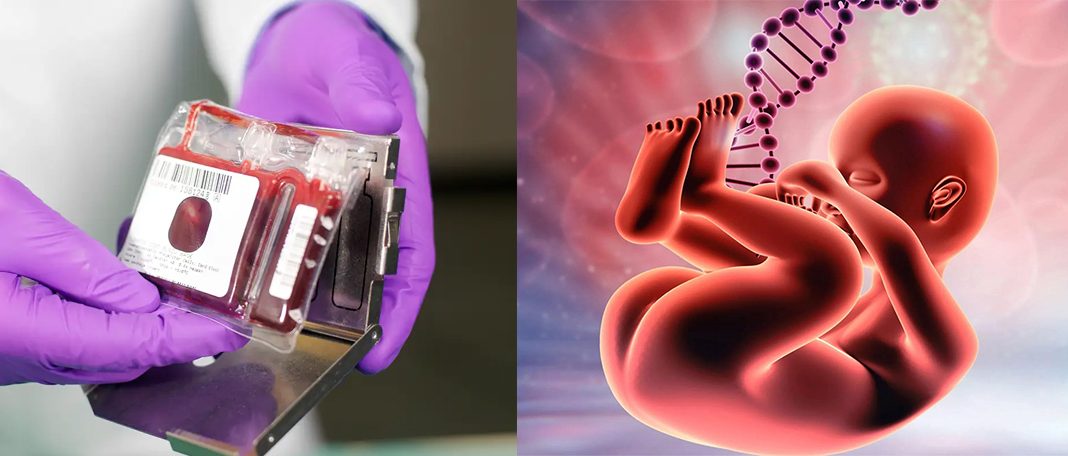After a baby is born, some blood will remain in its placenta and umbilical cord. This blood is known as cord blood. Several studies and research on cord blood reveal that it can save lives. Hence, it is considered precious. Sometimes, cord blood is even considered magical! In this blog, we will discuss the major benefit of keeping cord blood.
Why Is Cord Blood Precious?
The stem cells present in cord blood can be used in the treatment of genetic disorders and many types of cancer, such as lymphoma and leukemia. These stem cells can also be used to treat a host of other severe diseases, including life-threatening ones.
Stem cells are different from the other cells in the body. They have many unique characteristics. Stem cells can grow into several different kinds of cells, such as brain cells and muscle cells. They also have the capacity to self-renew and act as the body’s repair system. Therefore, stem cells are often used for transplants. Because of these advantages, cord blood is widely used across the world to cure blood disorders and immune deficiencies.
Cord Blood Banking
If the baby from whose umbilical cord the blood is taken, or any other person in the family is affected by a severe disease, the cord blood can be used to treat that disease. Collecting cord blood is absolutely safe for the baby.
In case there is a genetic problem in a family, parents can store their baby’s cord blood for themselves. Later, if the baby develops that genetic disease, the stem cells in the cord blood can be effectively used to treat the baby. However, if there is no genetic problem in the family, there are very less chances of the baby developing that problem. In such cases, cord blood can be donated. The beauty of the donation process is that you are giving a precious thing that you might not need to someone else, but at the same time, it will help save their life.
Options for Umbilical Cord Blood Banking
There are two different options through which you can achieve cord blood banking. They are the public and private cord blood banks. In public cord blood banking, you will be donating the cord blood of your baby to a stranger who needs it. Every year, thousands of people require donations like this. Your healthcare provider might recommend that you use public banks if there is no risk to your family.
If you wish to store your baby’s cord blood in a private bank, it means that only your family can use it. A private bank will be helpful if your family has a history of health conditions, which can be treated with the stem cells in the cord blood. In case one of your family members needs a stem cell transplant, private cord blood banking will be highly beneficial.
Cord Blood Banking Pros and Cons
Whether you use public or private cord blood banking, they both have pros and cons. In most cases, public cord blood banking is free. In private banking, there is a fee involved.
In some scenarios, adults may require stem cells from multiple donors. Even for public banking, some of the hospitals may charge you a small fee. There are also some eligibility criteria that must be met before donating cord blood.
We have now discussed the major benefit of keeping cord blood. So, you need to weigh all the pros and cons and then decide if you want to take up cord blood banking. The bottom line is that the procedure is going to be useful to somebody, whether it is a family member or not.















